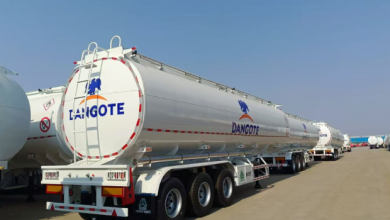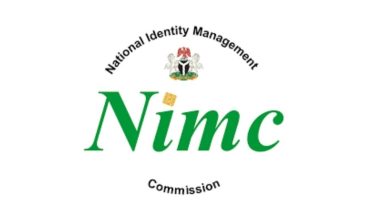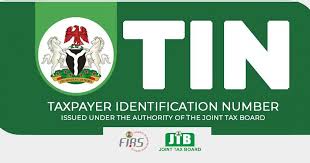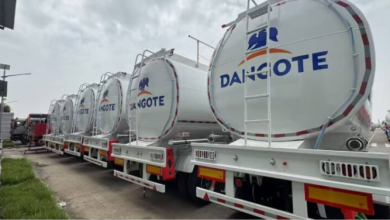Nigeria’s Inflation Falls for Fifth Straight Month, Easing Pressure on Consumers
Nigeria’s inflation slows for the fifth month as August rate drops to 20.12 percent nationwide.
Food and core inflation ease slightly but remain high ahead of key monetary policy meeting.
Nigeria’s headline inflation dropped again in August 2025, marking the fifth month in a row of slowing price growth and offering a brief relief to households grappling with rising living costs.
Fresh data released by the National Bureau of Statistics (NBS) on Monday showed inflation declined to 20.12 percent in August from 21.88 percent in July, a 1.76-percentage point fall compared with the previous month. The rate is also well below the 32.15 percent recorded in August 2024.
The agency’s Consumer Price Index, which measures changes in the cost of goods and services, rose slightly to 126.8 points from 125.9 points in July. Month-on-month inflation slowed to 0.74 percent from 1.99 percent, suggesting a broader moderation in price increases across the country.
Urban inflation dipped to 19.75 percent in August from 34.58 percent a year earlier, while rural inflation stood at 20.28 percent compared with 29.95 percent in August 2024. On a monthly basis, urban inflation eased to 0.49 percent from 1.86 percent, and rural inflation slowed to 1.38 percent from 2.30 percent, indicating continued pricing pressures in rural areas.
Food prices, a key driver of inflation, also cooled but remained elevated. The food inflation index fell to 21.87 percent year-on-year in August from 37.52 percent in August 2024. Monthly food inflation dropped to 1.65 percent from 3.12 percent, helped by lower costs for rice, maize flour, guinea corn flour, millet, semolina, and soya milk. The 12-month average for food inflation settled at 25.75 percent, down from 36.99 percent a year earlier.
Core inflation which strips out volatile items such as food and energy eased to 20.33 percent year-on-year from 27.58 percent but rose month-on-month to 1.43 percent from 0.97 percent. Analysts attribute the increase to higher costs of housing, utilities, transport, education, and healthcare, pointing to persistent underlying pressures.
Inflation rates varied widely across states. Ekiti recorded the highest year-on-year headline inflation at 28.17 percent, followed by Kano at 27.27 percent and Oyo at 26.58 percent. Zamfara posted the lowest at 11.82 percent, with Anambra at 14.16 percent and Enugu at 14.20 percent. Food inflation topped in Borno at 36.67 percent, Kano at 30.44 percent, and Akwa Ibom at 29.85 percent, while Zamfara (3.30 percent), Yobe (3.60 percent), and Sokoto (6.34 percent) had the lowest.
On a monthly basis, prices increased fastest in Yobe (9.20 percent), Katsina (8.59 percent), and Sokoto (6.57 percent), but fell sharply in Enugu (–5.32 percent), Taraba (–3.64 percent), and Nasarawa (–3.56 percent).
The inflation report comes ahead of the Central Bank of Nigeria’s Monetary Policy Committee meeting on September 22–23, where policymakers will decide whether to adjust the 27.5 percent benchmark interest rate. While consecutive months of disinflation may offer some policy space, the persistence of food and core inflation suggests the committee will remain cautious.



